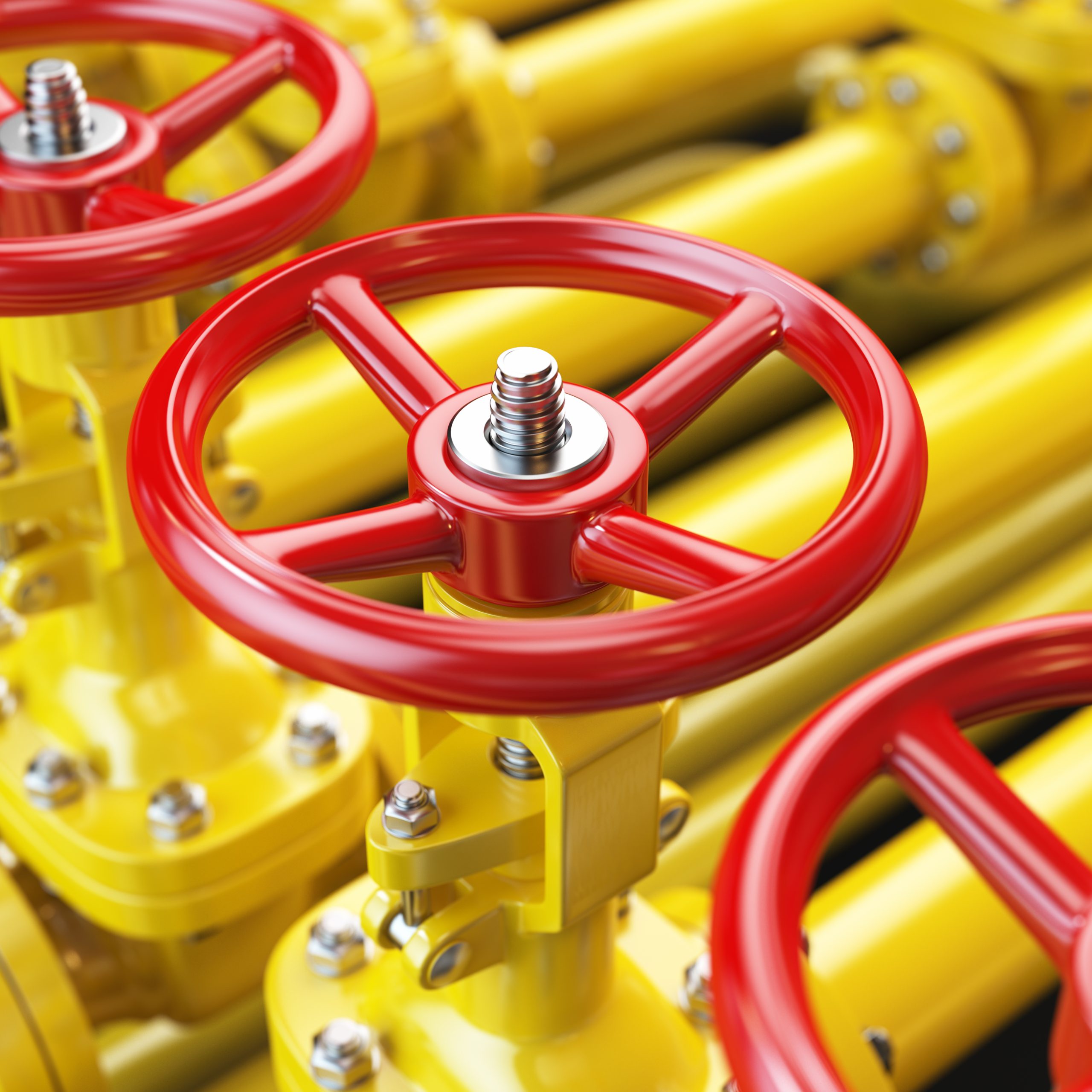Bangladesh bolsters fertilizer imports amid domestic gas shortages

In response to a significant decline in domestic fertilizer production triggered by a gas shortage, Bangladesh has been seeking to secure its agricultural future by importing crop nutrients from several key global players, including Russia and Middle Eastern countries. This strategic move aims to maintain a robust supply chain essential for the country’s agricultural sector.
Over the past two months, Bangladesh has initiated numerous orders for fertilizer imports from notable sources such as Russia, Saudi Arabia, Qatar, and the domestically based, export-oriented Karnafuli Fertilizer Company (KAFCO). This import strategy is part of a broader effort to mitigate the impacts of reduced local production capacities and sustain the demand within the agricultural industry.
On February 28, in an effort to fortify the nation’s fertilizer supply, Bangladesh Finance Minister Abul Hassan Mahmood Ali presided over the 4th meeting of the Cabinet Committee on Government Purchase (CCGP). During the session, a proposal submitted by the Bangladesh Agricultural Development Corporation (BADC) was approved, sanctioning the import of approximately 40,000 tonnes of DAP fertilizer from MA’ADEN, Saudi Arabia. The procurement is set at an average cost of $576 per tonne.
Furthermore, the meeting witnessed the approval of two additional proposals from the Bangladesh Chemical Industries Corporation (BCIC). These included the import of around 30,000 tonnes of bagged granular urea fertilizer from KAFCO, Bangladesh, for the current fiscal year, with a price tag of $371.375 per ton. Additionally, BCIC is set to procure another 10,000 tonnes of phosphoric acid from M/S Best Eastern, Dhaka, for an approximate total of Bangladesh Taka 629.2 million ($5.7mn).
In a parallel initiative earlier in January, the government sanctioned a series of proposals for BCIC aimed at diversifying the country’s fertilizer sources. These approvals encompassed the importation of 40,000 tonnes of DAP fertilizer from MA’ADEN, Saudi Arabia, at $589 per tonne and 30,000 tonnes of TSP fertilizer from OCP, SA, Morocco, priced at $386 per tonne. An additional approval was granted for the import of 40,000 tonnes of DAP fertilizer from the same Saudi source, with a cost of $547.50 per tonne.
The government’s comprehensive import strategy also includes the procurement of 30,000 tonnes of MoP fertilizer from JSC Foreign Economic Cooperation (Prodintorg), Russia, at $302.10 per tonne, and 30,000 tonnes of bulk granular urea from Muntajat, Qatar, priced at $313.42 per tonne. Moreover, BCIC received authorization to import another 30,000 tonnes of bagged granular urea from KAFCO Bangladesh, at $316.62 per tonne, and a similar quantity of bulk granular urea from the Saudi SABIC Agri-Nutrients Company, totaling an investment of Bangladesh Taka 1.03 billion ($9.38mn).
These strategic import decisions underscore Bangladesh’s commitment to overcoming domestic production hurdles and ensuring a steady supply of fertilizers to support its agricultural sector, a critical component of the nation’s economy and food security.



